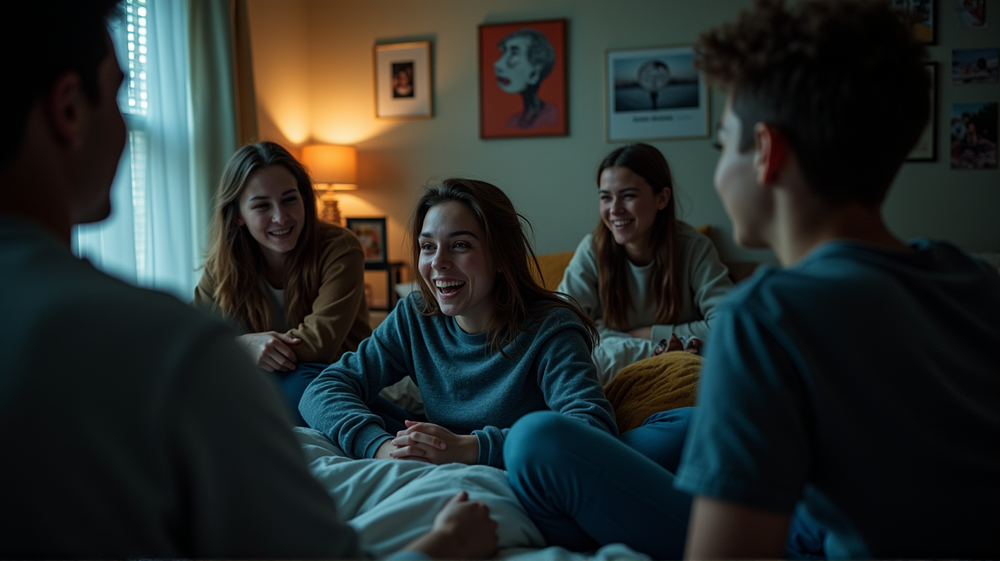Late Nights and Loneliness: College Students' Sleep Procrastination
The Surprising Link Between Social Circles and Sleep
In a fascinating exploration of human psychology and behavior, a new study presented at the SLEEP 2025 annual meeting uncovers a compelling link between college students’ sleep habits and their innate need to belong.
Social Networks Drive Sleep Choices
Conducted by the American Academy of Sleep Medicine (AASM), the research reveals that college students tend to curtail their sleep for the sake of in-person social interactions. As stated in Newswise, this connection between sleep procrastination and social needs highlights how peer influence plays an undeniable role in altering sleeping patterns.
Investigating Bedtime Procrastination
Comprising a participant pool of 104 university students, where data was meticulously gathered through actigraphs and daily diaries, the study sought to dissect the drivers of bedtime procrastination. The results were revealing: students who were part of social networks that encouraged later bedtimes showed a higher scoring on the ‘Need to Belong Scale’ than their counterparts outside such networks.
A New Driver for Sleep Deprivation
Principal investigator Joshua Gooley emphasized a novel perspective: beyond screen time and work pressures, social connections in group-living environments wield influence powerful enough to affect sleep durations significantly. The study uncovered that these night-time social activities reduce the opportunity to achieve the recommended 7+ hours of nightly sleep, critical for health.
Implications for University Life
This pioneering study not only throws light on social bedtime procrastination but challenges preconceived notions about sleep deprivation’s origins among youths. The findings serve as a reminder of how societal needs can inadvertently shape health behaviors — a consideration that universities might need to address in their wellness initiatives.
Endorsed by Experts
Backed by the Singapore Ministry of Education and the National Research Foundation, the study’s revelations stand ready to ignite discussions at the annual SLEEP meeting in Seattle, heralding important conversations around student health and dorm-life culture. Indeed, understanding the balance between social belonging and healthful living is more crucial than ever in our fast-paced academic environments.




